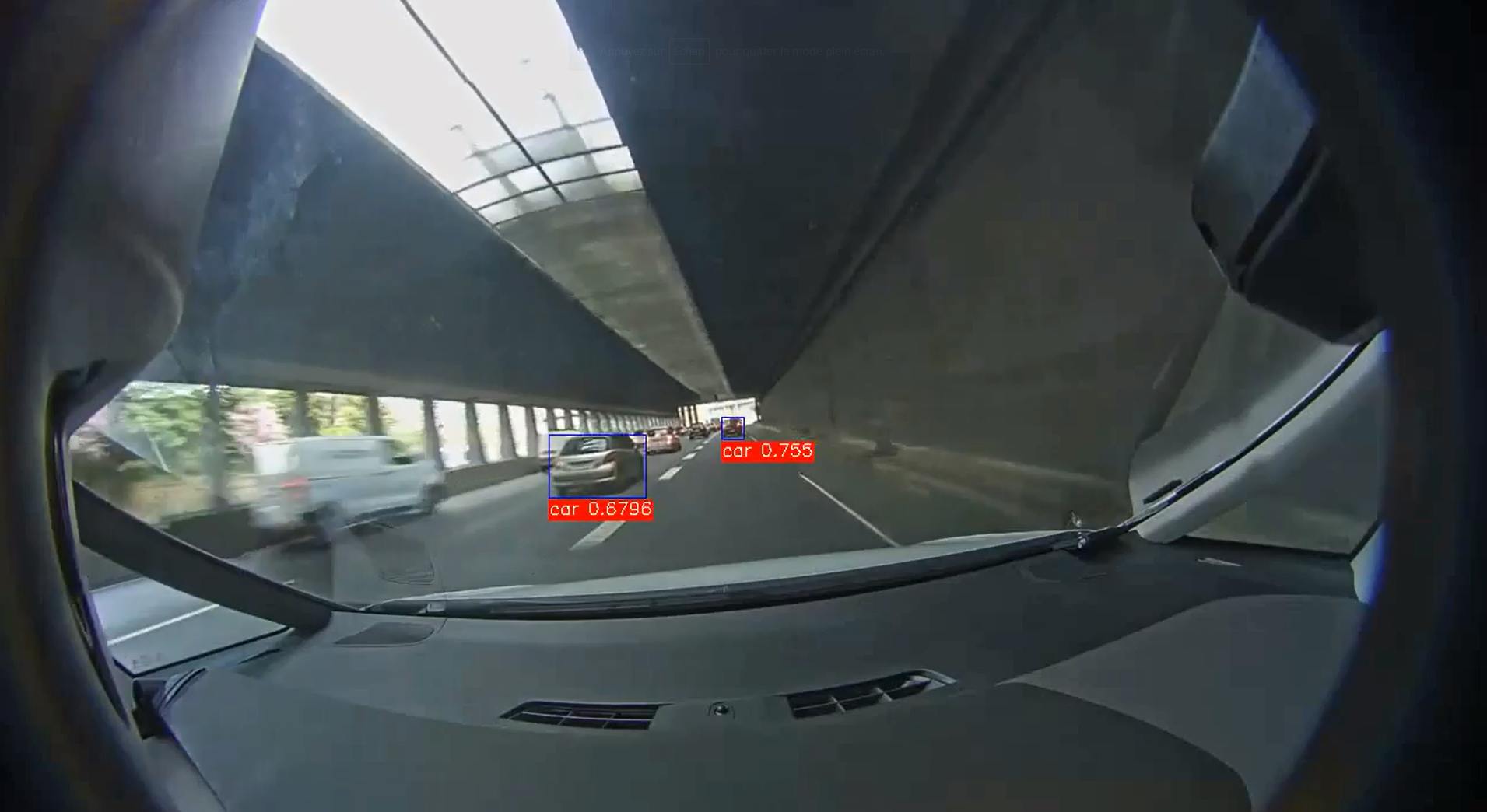Stellantis & Deepomatic: Data Indexation and Anonymization
In early 2019, Stellantis selected Deepomatic following an international RFP. The company wanted to optimize its data indexation and anonymization processes. Its R&D department now benefits from a no-code development platform that trains deep learning-based image recognition algorithms. Thanks to its platform, Deepomatic makes it possible for detection models to scan internal data to flag unique driving conditions (i.e., tunnel, snow, etc.) and anonymize them if necessary.

Deep Learning algorithms for object recognition
As part of its R&D program, Stellantis wishes to develop its technology behind self-driving vehicles further. More particularly, this project helps gather many contextual images of various driving conditions: precious information that adds accurate data to the primary driving script and contextual environments.
Regarding Deep Learning, the first objective is to feed advanced driver-assistance systems (ADAS) with indexed data. In doing so, Stellantis also fulfills its second objective: anonymizing data to further comply with GDPR.
Benefits
#1 Automation
Once the developed models by Deepomatic are built into the platform, they are extensively used to make manual intervention unnecessary. As a result, Deepomatic’s automatons reduce expenses while increasing reliability at the same time.
#2 Regulations
The platform further supports the company’s compliance with GDPR (General Data Protection Regulation – EU).
#3 Staff Autonomy
Deepomatic works hand in hand with R&D experts when deploying AI-powered technologies. Their input in terms of concept annotations and model deployment within their environment’s features has been valuable.

“Deepomatic and Stellantis teams collaborated fully and effectively to integrate the solution in a variety of technical environments. ”
Fabien Figueres and Jean-Louis SauvagetBig Data-AI methodologies engineer and Vehicle Functional Architecture Expert / R&DStellantis
